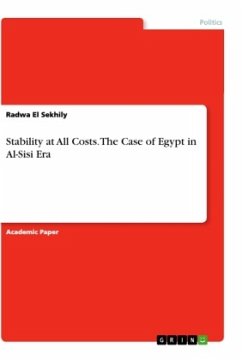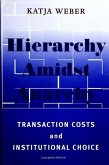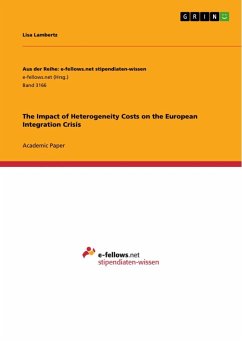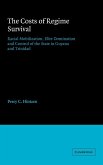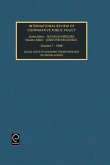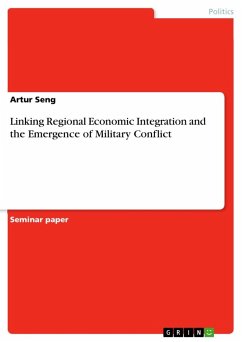"More than two decades have passed since the 9/11 terrorist attacks resuscitated debates about the imperial presidency in the United States. In that same timeframe, the United States has fought wars in Iraq and Afghanistan, pivoted to the Pacific to counter China, and pulled its gaze back to Europe and the Middle East with wars in Ukraine and Gaza. This volume examines the domestic constraints that presidents have faced across these contexts and over time. Contributions explore the effects of legislative, public opinion, and bureaucratic checks on executive power to produce insights into the prospects for war and peace in a post-9/11 era and now, more than twenty years distant, in a post-post 9/11 world"--
Hinweis: Dieser Artikel kann nur an eine deutsche Lieferadresse ausgeliefert werden.
Hinweis: Dieser Artikel kann nur an eine deutsche Lieferadresse ausgeliefert werden.

